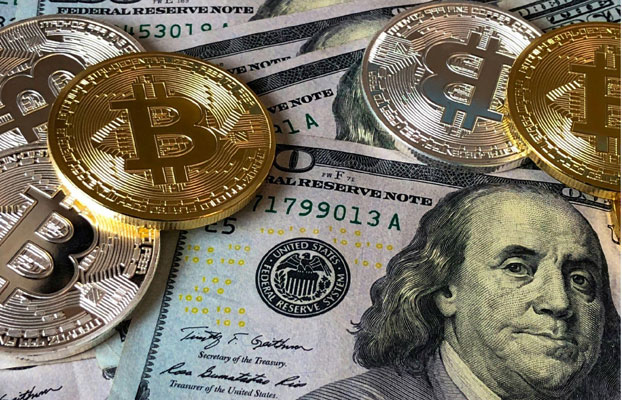After New Hampshire, Arizona is the second state to officially include cryptocurrency into the state-managed financial planning. Even though the state’s legislation regarding the creation of Bitcoin and Digital Assets Reserve Fund didn’t get as much media attention as it deserved, the move was still a huge step in the direction of reshaping how governments thought about value and unclaimed property in an era where digital assets reign supreme.
The bill in question was signed by Katie Hobbs on May 7, 2025, with which Arizona has taken a mild yet clever approach. It doesn’t make it necessary to gamble with taxpayers’ money by investing in the next promising altcoin; on the contrary, the state has taken a smart approach by holding unclaimed crypto instead of liquidating it.
There’s no doubt that almost all US states are witnessing a long-term rise in crypto value, with adoption rates being at an all-time high. They’ve resulted in the creation of many new markets, like crypto-based gambling and luxury watches. Whether you want to buy a new Rolex or play live poker or blackjack at the best crypto casinos, a solid reserve of these digital assets will solve your problems.
Now, Arizona is changing the way the state will react once it receives unclaimed property. Until now, the common practice was to liquidate the assets, which could be in the form of dormant stocks and savings accounts, with an obligation to hold cash if the rightful owner comes forward.
The situation is even more tricky if the unclaimed property in question is crypto, as many states can’t hold it. That prompts them to sell it on the open market, which is a huge problem considering crypto’s volatility. Arizona’s newest law, called HB 2749, tackles that issue successfully.
Arizona will not move forward with liquidating Bitcoin and other cryptocurrencies the moment it receives them. Instead, the state will now hold the assets in question for up to three years, during which it will give the rightful owner enough time to come forward and claim their asset. If that doesn’t happen at the 3-year mark, all unclaimed crypto will be transferred to the new reserve fund, giving it a chance to become a lucrative amenity for the public by growing in value.
The existence of Arizona’s crypto reserve benefits the public, but it’s also considered to be a step in the right direction for an average crypto holder. The initiative clearly demonstrates that the state is taking cryptocurrency seriously, as it views it as an asset that is worthy of careful management and handling. It gives it a brand new status, as cryptocurrency, which was once viewed as internet money, becomes something with staying power.
This law also serves as a wake-up call for crypto holders who haven’t taken the necessary measures to ensure their assets are taken care of in case of an unpredictable situation. Arizona’s initiative serves as a reminder that one’s digital asset reserve, no matter how small or big, should be treated like any other financial asset.
It remains to be seen how big of a reserve Arizona will make in the coming years. No matter its size, Arizona will likely become a role model for other states, especially if Bitcoin continues its upward trajectory, which has been up by over 4% in the past seven days. If that happens or if more unclaimed crypto starts falling in Arizona’s lap, the government stands to benefit greatly from the entire ordeal. That will be enough to make Arizona’s law a blueprint for the remaining US states that still haven’t given sufficient recognition to digital assets.









